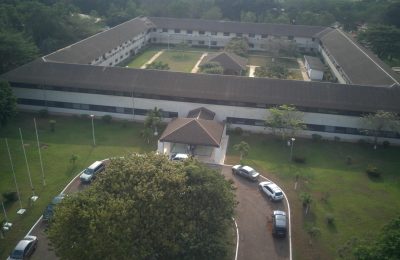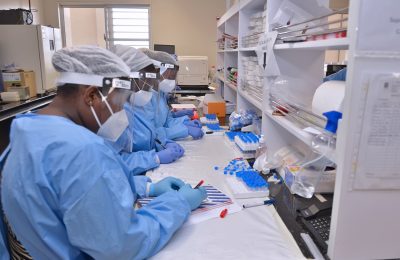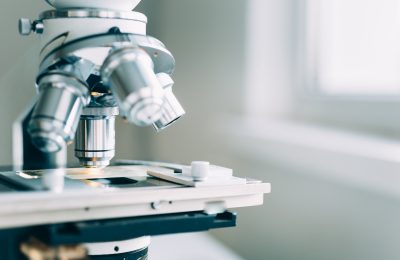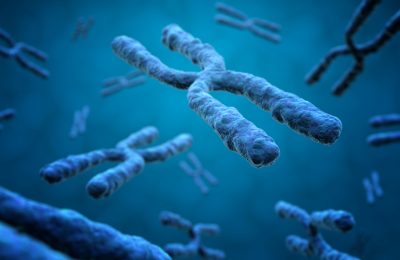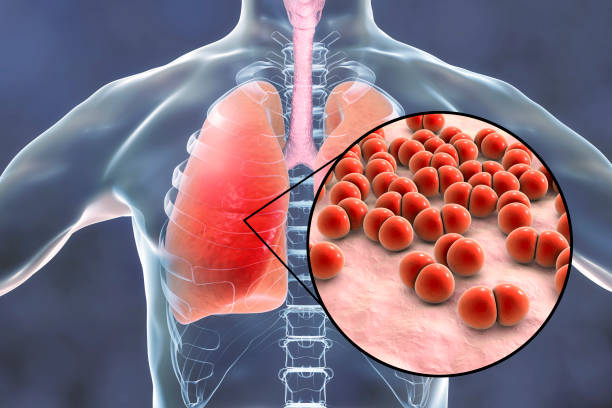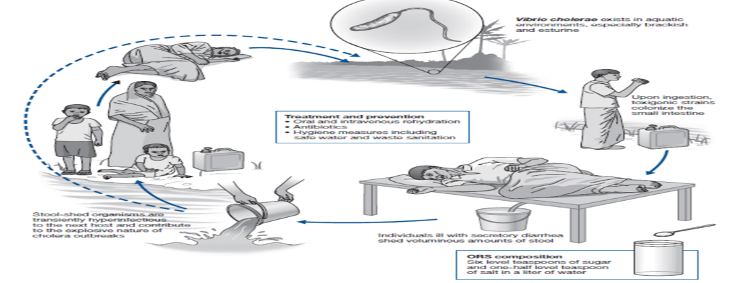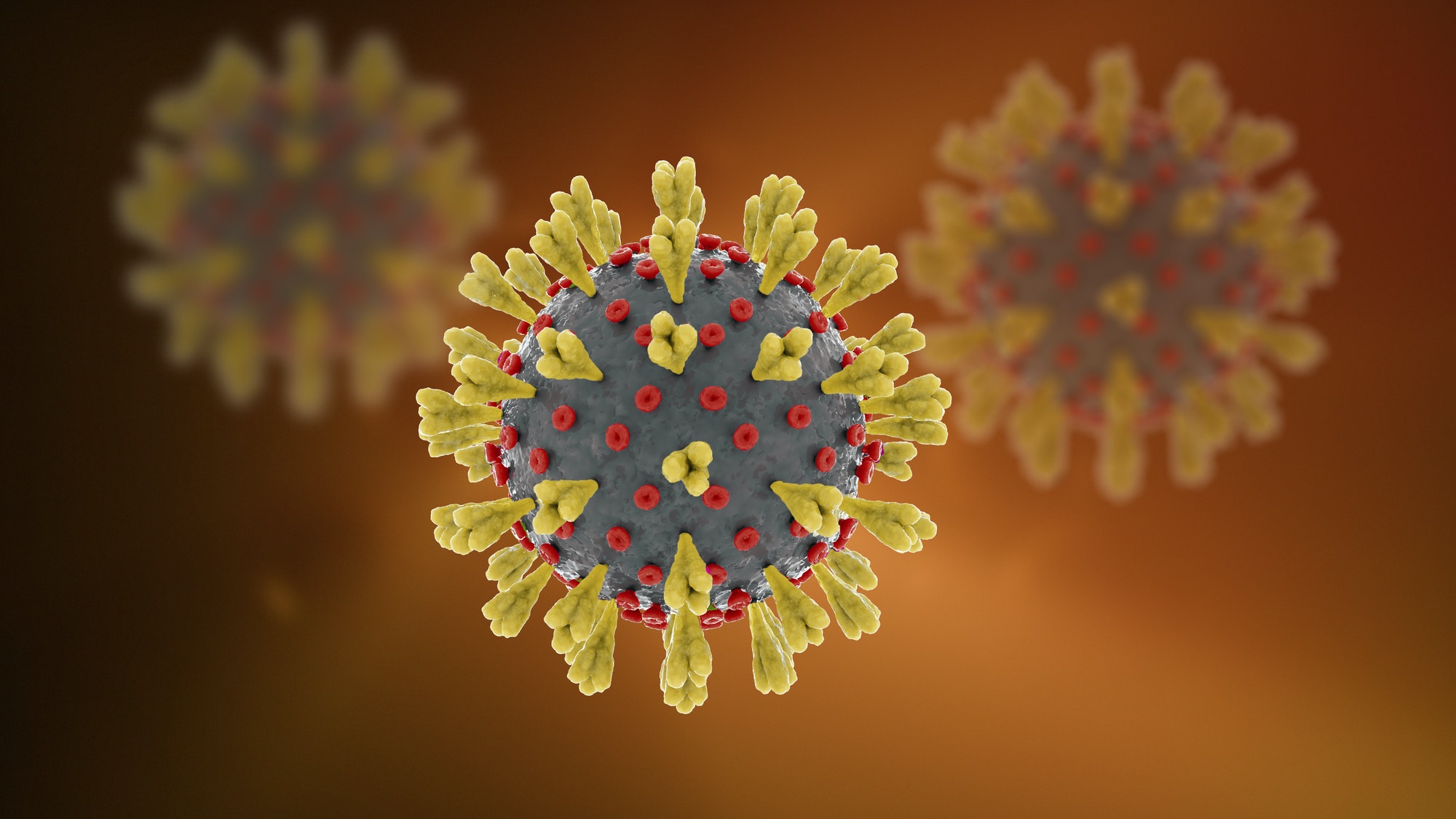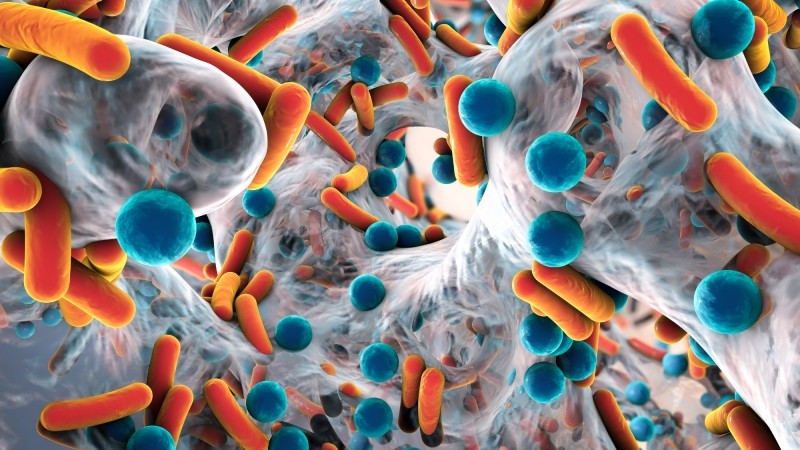Bacteriology
- Home
- Bacteriology
Goal of the Department
Within the context of the global research agenda and the research priorities of Ghana, the Department of Bacteriology operates three “flagship” research programs. These are Mycobacterial diseases, Antimicrobial Resistance/stewardship and Neglected Tropical Disease (NTD) of bacterial aetiology. Buruli ulcer (BU) and tuberculosis (TB) are the two most important mycobacterial diseases of public health importance in Ghana. The department in collaboration with other research partners is contributing to the global fight against TB and BU by conducting studies aimed at improving understanding of disease epidemiology, genetic diversity within the causative agent, host-pathogen interactions, and laboratory diagnosis. We have facilities and expertise for the following assays/techniques for our TB research: Genomics and DNA fingerprinting (such as spoligotyping, MIRU/VNTR, RD and SNP, mutational analysis in drug target genes) Immunodiagnostics for TB (QuantiFERON TB tests, T.Spot-TB tests). The department houses the best state-of-the-art pathogen level 3 (P3) facility in West Africa were most of the TB work commence.
Our research on antimicrobial resistance/stewardship includes antimicrobial resistance (AMR) detection in commonly isolated bacteria species recovered from hospitals, communities, food, livestock, and water. We perform phenotypic detection of AMR in commonly isolated bacteria species such as Staphylococcus aureus, Escherichia coli, Klebsiella spp, Neisseria meningitidis, Streptoccoccus pneumoniae, and Haemophilus influenzae by disk diffusion and broth dilution methods. We also have expertise in molecular detection of AMR genes for methicillin resistance, vancomycin resistance, extended spectrum beta lactamase production and others by polymerase chain reaction as well as Whole Genome Sequencing (WGS) of commonly isolated bacteria species/sequence analysis.
Our studies on neglected tropical disease of bacterial aetiology aim to provide laboratory support for the control and elimination of skin neglected tropical diseases specifically Yaws, Buruli ulcer and Leprosy. This includes development and validation of novel diagnostic tools for Buruli Ulcer (BU) and Yaws. We also carry out research on Trachoma, caused by Chlamydia trachomatis.
The Department also has programs in diarrhoea and gut microbiome, food and environmental microbiology as well as bacteria sexually transmitted infections. Equipment available for bacteria speciation include BD BACTEC FXTM 40 system and MALDI-TOF MS bio typing.
Within our research activities, we pay particular attention to the environment of the bacteria in focus and do also study coinfection with other diseases like malaria, HIV and diabetes as well as understanding the host immune response to the bacterial infections.
Over the years, in addition to good laboratory practices and development of quality management systems, the department has built capacity in biostatistics, bioinformatics, data analysis, genome analysis which are utilized in various genomic epidemiological and transmission dynamics studies.
To make our research findings beneficial for disease control, we work with endemic communities in close collaboration with the respective national control programmes and district health management team of the Ghana Health Service (GHS). Our laboratory serves as reference laboratories for both TB and BU and as such we are involved in the organization and maintenance of the National TB Laboratory Network. This includes development of training manuals, organization of laboratory training, implementation of nationwide TB laboratory Quality Assurance, and anti-TB drug resistance surveillance.
The department has been involved in manpower training for the GHS and the Ministry of Health in the area of correct identification and standard antimicrobial susceptibility testing of common bacteria species and on correct identification of skin NTDS. We have also been involved in the training of laboratory staff from several West African countries through the JICA/NMIMR 3rd country training.
We collaborate with several other units of the University of Ghana – the Department of Biochemistry, Cell & Molecular Biology, the West African Centre for Cell Biology of Infectious Pathogens, School of Veterinary Medicine, Department of Medical Microbiology in research and training of students through internships and research project supervision.
Gallery
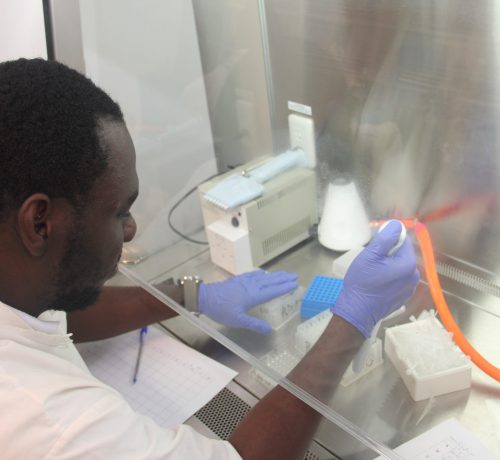
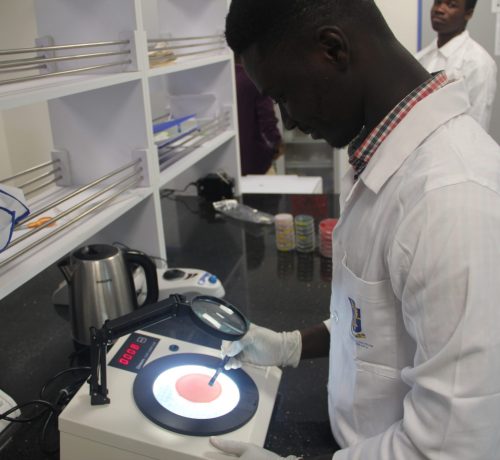
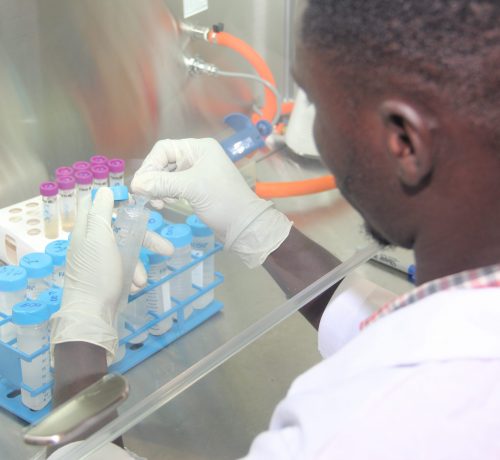
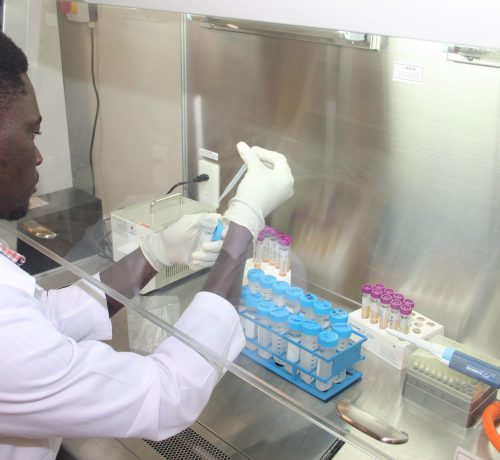
Key Research Projects
Pending content
Internal Collaborator(s)
- Pending content
External Collaborator(s)
- Pending content
- Pending content

